
This is the sixth module of GuildOne’s Blockchain Digest. The 5th module offered an introductory overview of R3’s Corda. In that module, we mentioned that GuildOne built Energy Block Exchange (EBX), its blockchain business network for energy, on R3’s Corda blockchain platform. So, in this module, we’ll take a closer look at EBX.
Energy Transactions: Frequent and Costly Delay and Dispute
EBX is GuildOne’s blockchain business network for transactions in the energy (or oil and gas) sector. In February 2018, GuildOne announced the world’s first proof-of-concept energy royalty transaction, which was transacted on EBX. Traditionally, these transactions have been subject to frequent and costly disputes due to conflicting data or differing contractual interpretations. The oil and gas value chain is long and complex and involves a variety of integrated processes, stakeholders and exchanges of commodities. As a result, commercial oil and gas transactions are often complex, involving multiple parties. They are frequently based on different data sets that come from multiple different sources. This can result in data discrepancies that can lead to costly disputes and delays. It can also necessitate data reconciliation that consumes costly enterprise resources that could otherwise be expended in more productive ways.
Energy transactions are also subject to frequent disputes over the interpretation of contract terms. These disputes are not only costly and time-consuming, they can also pose relational risk, which is particularly problematic given the highly integrated nature of the energy value chain.

What is EBX?
EBX resolves these issues using blockchain technologies such as distributed ledgers and smart contracts. Distributed ledgers mitigate disputes by allowing contractual parties to agree upon data and contractual terms prior to the transaction, thereby eliminating many causes of dispute. Further, smart contracts allow transactions to trigger automatically, allowing for the automated, near-instant exchange of value, vastly reducing the potential for dispute and slashing transaction times and costs. Thus, EBX creates a single, shared source of truth and consensualized contract terms, eliminating many causes of dispute.
EBX can benefit any oil and gas party that is involved with complex, multiparty transactions, such as: Exploration and production companies, Royalty holders, Landowners, Indigenous communities, Financial institutions, Regulatory agencies, Accountants and auditors.
At the heart of EBX is GuildOne’s proprietary smart contract technology – ConTracks. This is a CorDapp that is highly efficient at encoding and executing transactions and is flexible and versatile, which allows EBX to host a wide range of complex multiparty transactions. These include (but are not limited to): Royalty payments, Joint venture disbursements, Authorizations for expenditure, Road allowances.
CorDapps allow GuildOne to adapt EBX for the purposes of many complex, multi-party oil and gas transactions beyond those listed. Further, while EBX was developed specifically for energy transactions, the technology underlying the network allows it to be adapted for any sector in which complex multi-party transactions are common.
Corda-Driven Advantages of EBX
As has been discussed, GuildOne built EBX on R3’s Corda blockchain platform. In fact, EBX is a business network on the Corda Network. GuildOne chose Corda as the platform for EBX for a number of reasons. Foremost amongst these is that Corda was developed specifically to meet the stringent security, privacy and auditing requirements of the global financial services industry. Corda offers EBX further important functionalities, some of which are outlined in the sections that follow.
Confidentiality
Confidentiality is a crucial concept for commercial transactions. It is not enough to obscure or hide the details of a transaction; in many cases the transactional parties do not want the transaction to be known of at all. This is particularly true in a geographically bound, hyper-competitive industry such as oil and gas, in which a few players may be competing in a relatively small geographic region for a fixed (non-renewable) resource.
Further, because of the multi-party nature of the sector, companies often do business with different companies who may be competitors to one another. It is therefore crucial that the occurrence of transactions not be known by potential competitors. Through the strong confidentiality functions of Corda, EBX is able to ensure that transactions remain private and confidential.
Scalability
As was discussed in the previous module, Corda’s point-to-point architecture means that commercial counter-parties can transact directly with one another. The parties alone are responsible for validating that the transaction meets the consensualized terms laid out in the smart contract, and only a notary node is responsible for verifying the uniqueness of the transaction (as opposed to the whole network, as is the case in public blockchains).
As a result, transactions on EBX are extremely streamlined and transactional speed is very fast. This means that EBX is highly scalable. This is important in the energy sector, in which many of the major companies have global operations in which different business units may be required to transact with one another.
Flexibility
As discussed above, CorDapps can be developed or adapted to perform many different functions that, in turn, allow business network members to conduct different types of transactions on the platform. This flexibility allows GuildOne to develop different CorDapps for different use cases in oil and gas, such as royalty payments and joint venture disbursements, and to rapidly adapt for new opportunities as they arise.
It also allows GuildOne to rapidly adapt existing use cases for new applications. For instance, a road allowance use case that was developed for oil and gas could be adapted for other sectors, such as forestry, mining and so on. Further, new use cases—such as the marketing of carbon credits or renewable energy credits—can be developed as the business and compliance environment shifts.
Interoperability
Corda Network was developed such that nodes on different business networks can transact with one another. This is a significant benefit in the oil and gas sector, in which many operators are large multivariate multi-national companies with different business units (often in different countries) that may need to transact with one another.
Interoperability also applies to the ability of different applications to interact with each other. EBX is a business network on which different transaction types (or use cases) may take place, such as royalty payments, joint venture distributions and so on.
Interoperability could allow for the creation of tokens of value that could be fungible across networks. As this series has discussed, blockchain technologies were initially developed to ensure the validity of transactions conducted with crypto-currencies which are, at their most basic level, a form of fungible token.
By the same measure, business networks could generate a fungible token that would represent some measure of value—such as a barrel of oil, a tonne of CO2 emissions or a megawatt of renewable energy—that could be used as a unit of value in a commercial transaction. Interoperability could allow that token to be exchanged between willing parties, either on the same business network or across networks. This could vastly streamline transactions and slash transaction times and costs.
In the next module of GuildOne’s Blockchain Digest…
This module of the GuildOne Blockchain Digest has offered an overview of EBX. As EBX is a business network specifically developed for energy transactions, the next module will look at the oil and gas sector, how it works (in very general terms) and why it is particularly well suited to blockchain solutions. Following that, we will discuss some oil and gas use cases that can currently be transacted on EBX.
Recommended Readings / Resources
Feedback
Please tell us what you thought about this module and the Blockchain Digest by filling out a short survey here.

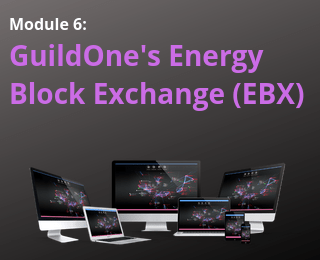
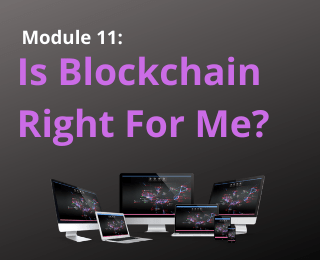
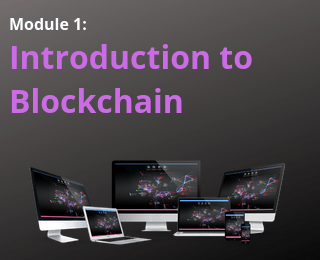
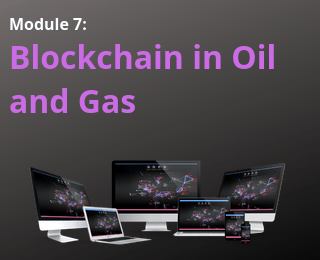









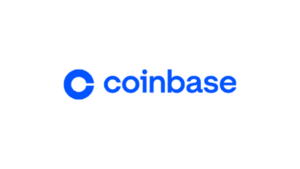






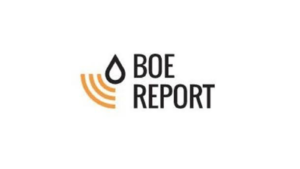

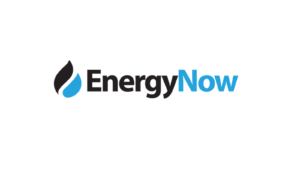
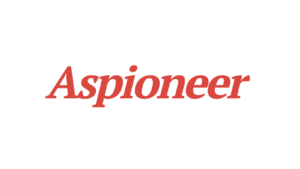


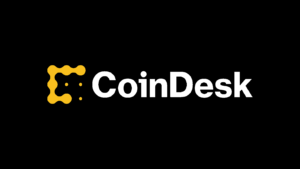

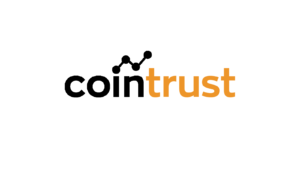

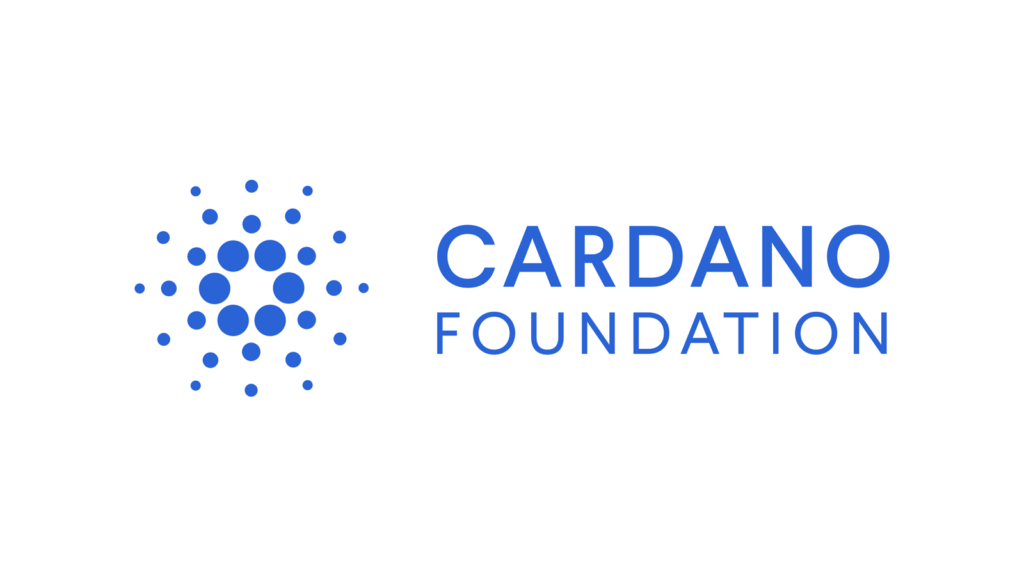
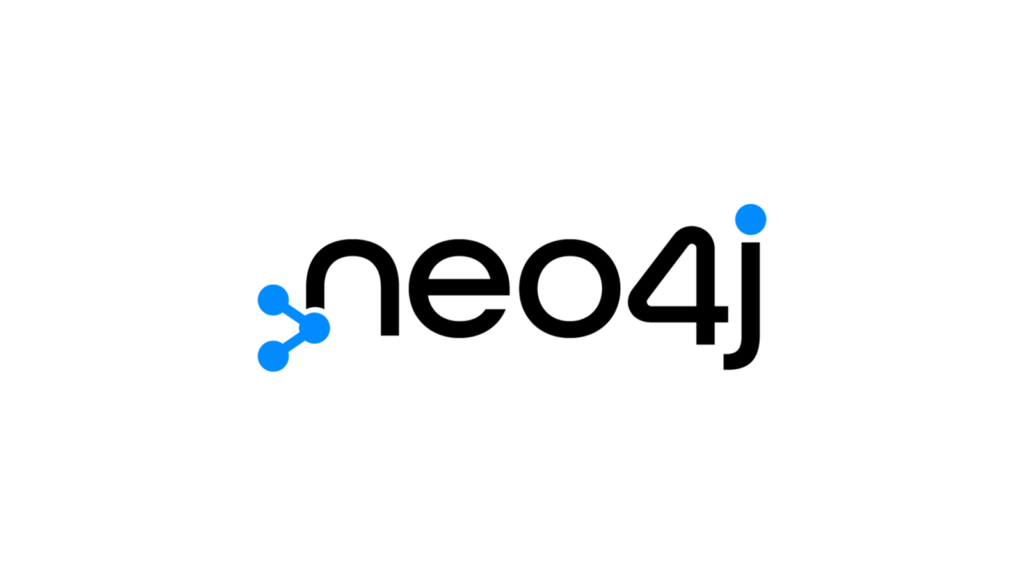
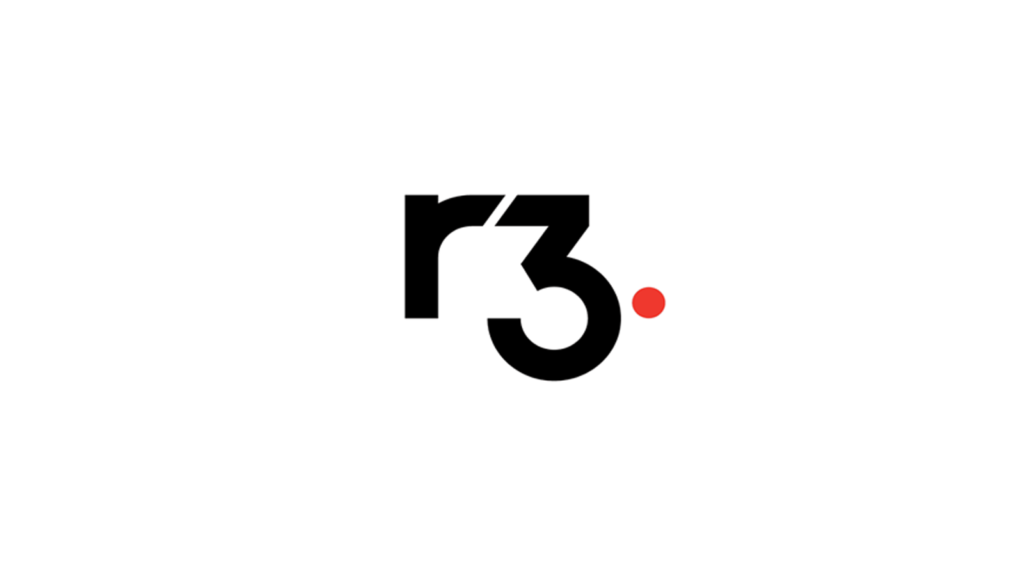
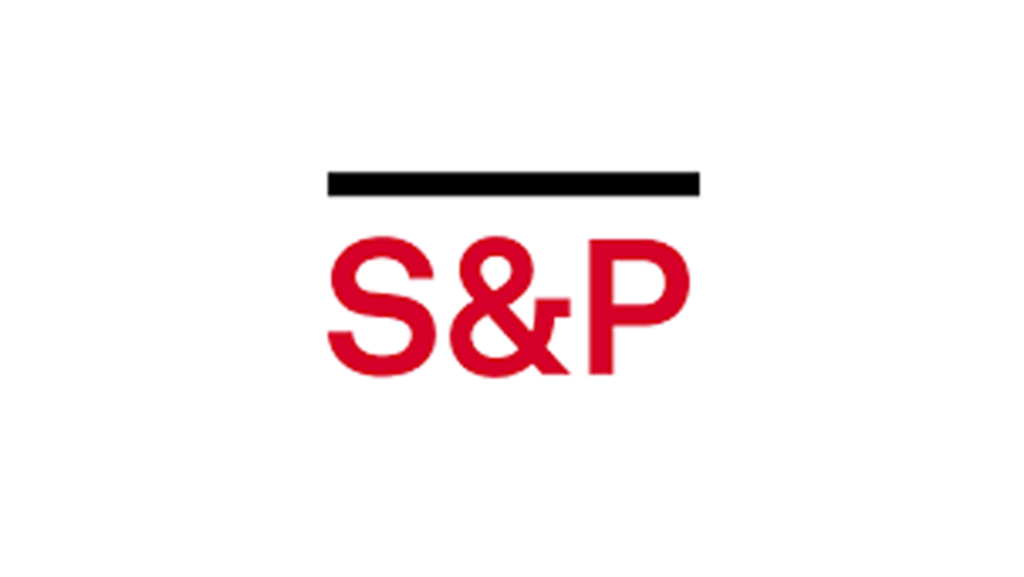
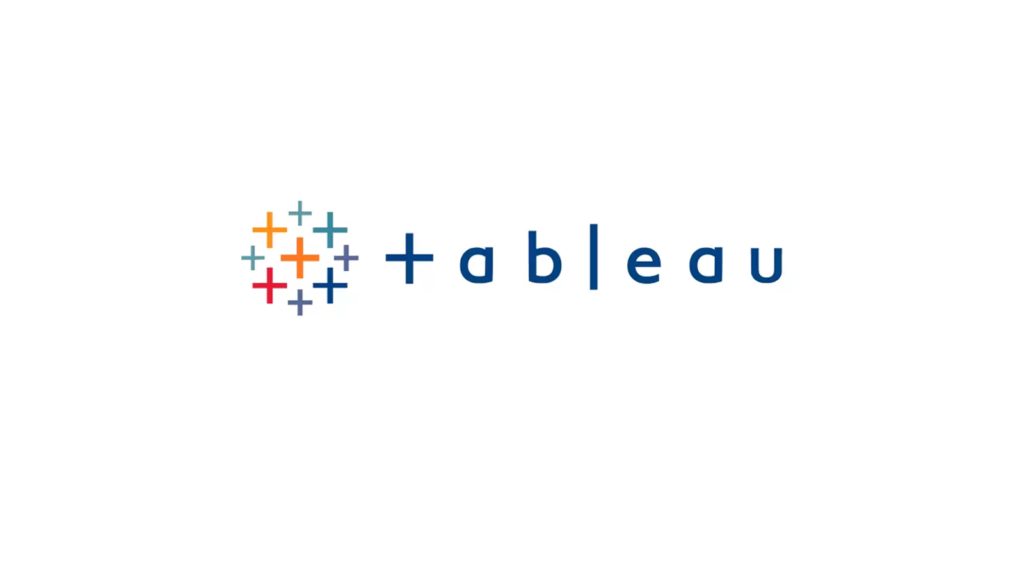
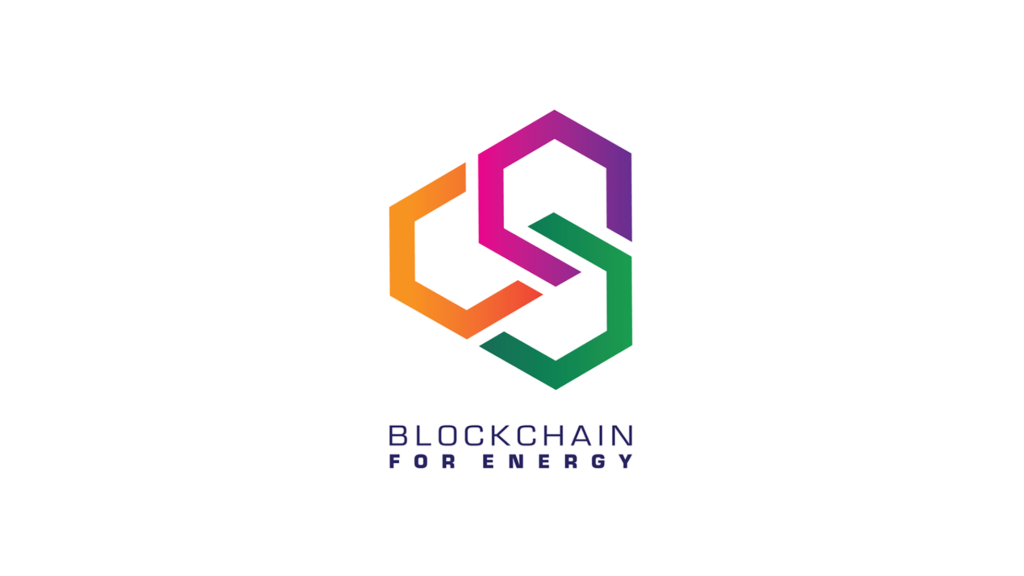
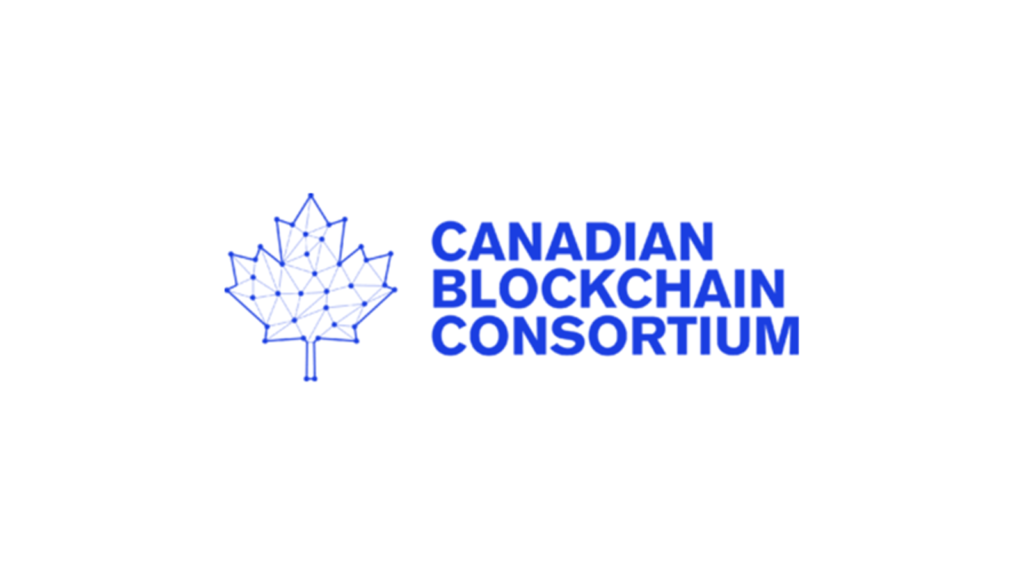
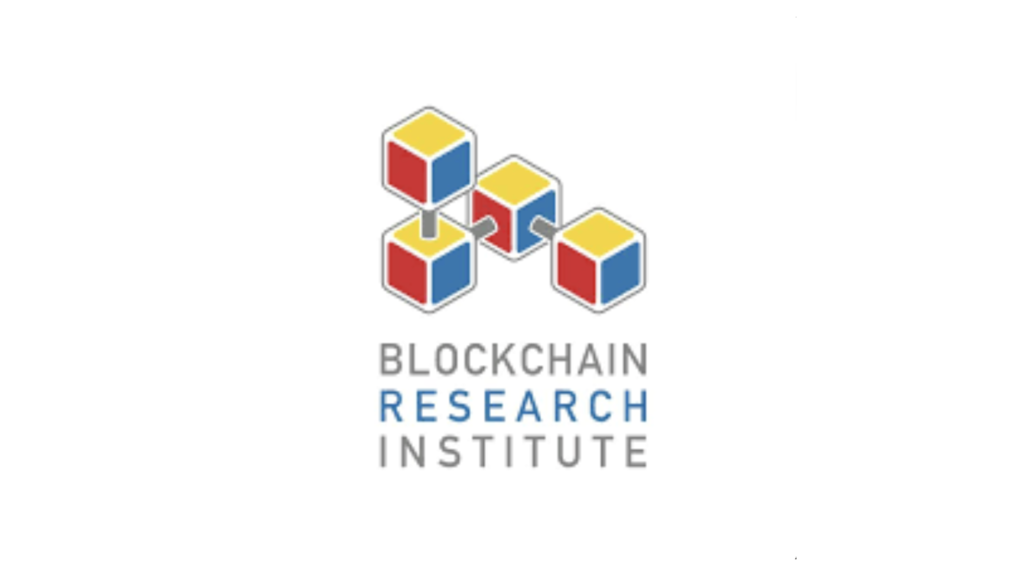
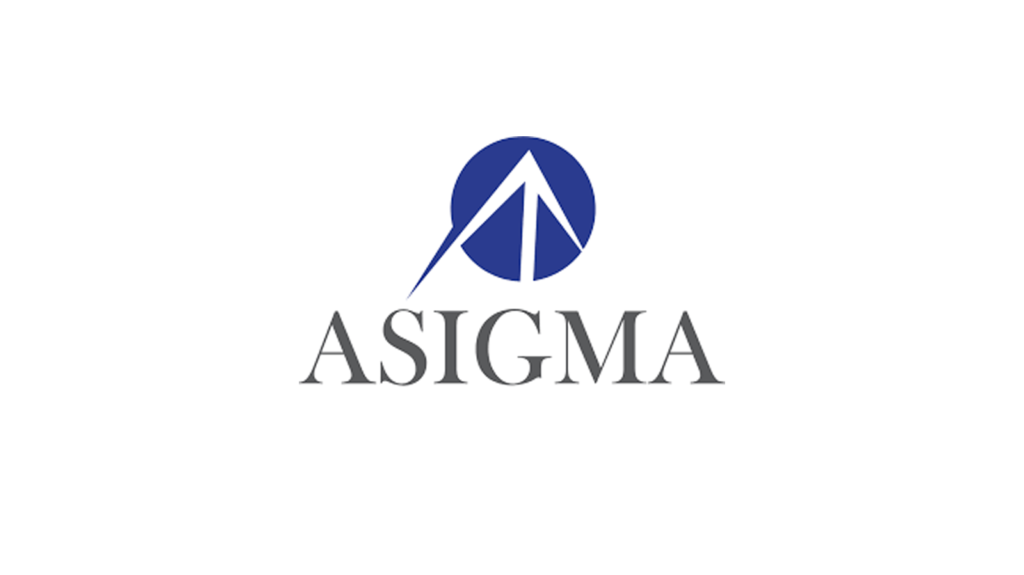

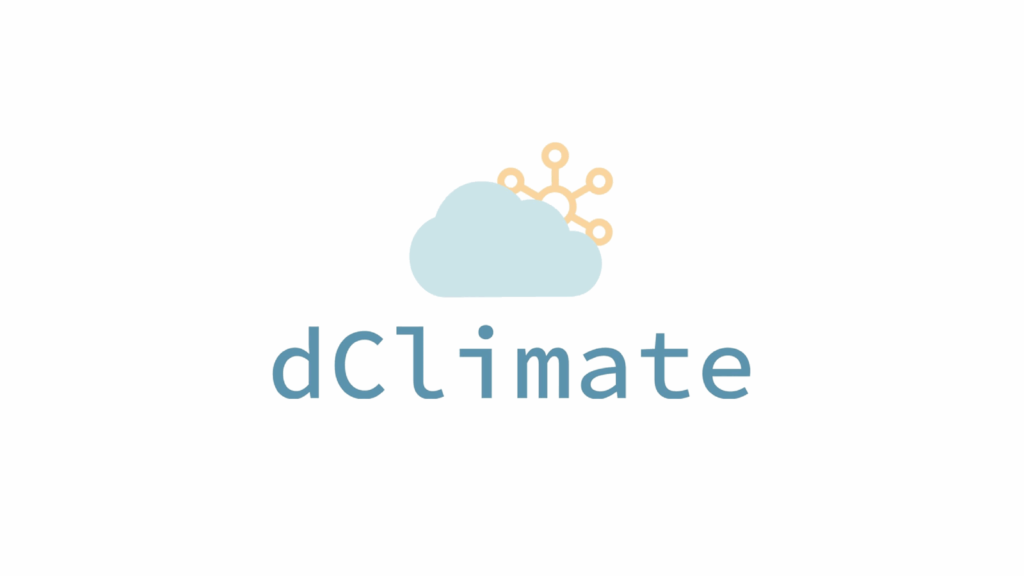
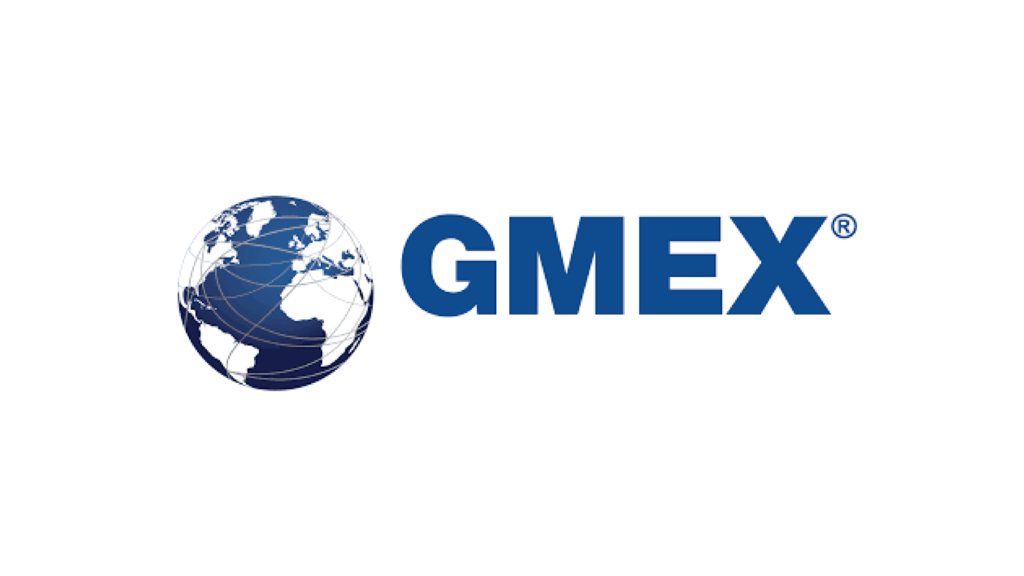
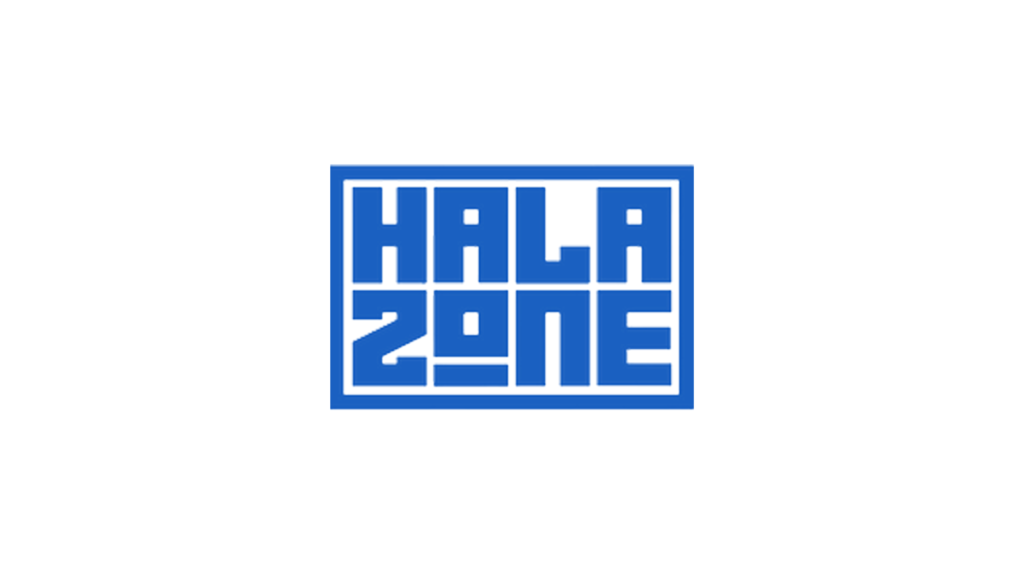
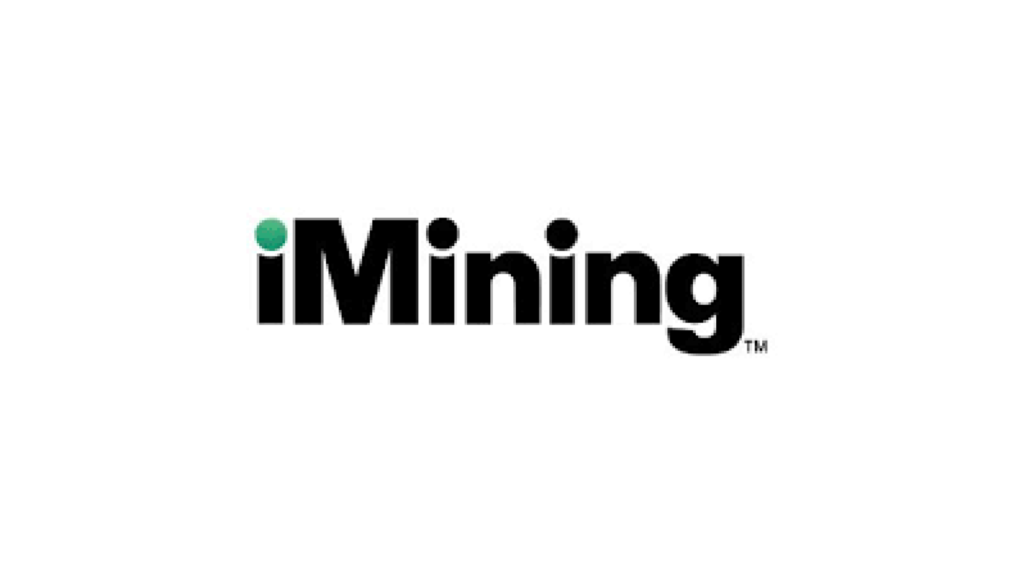
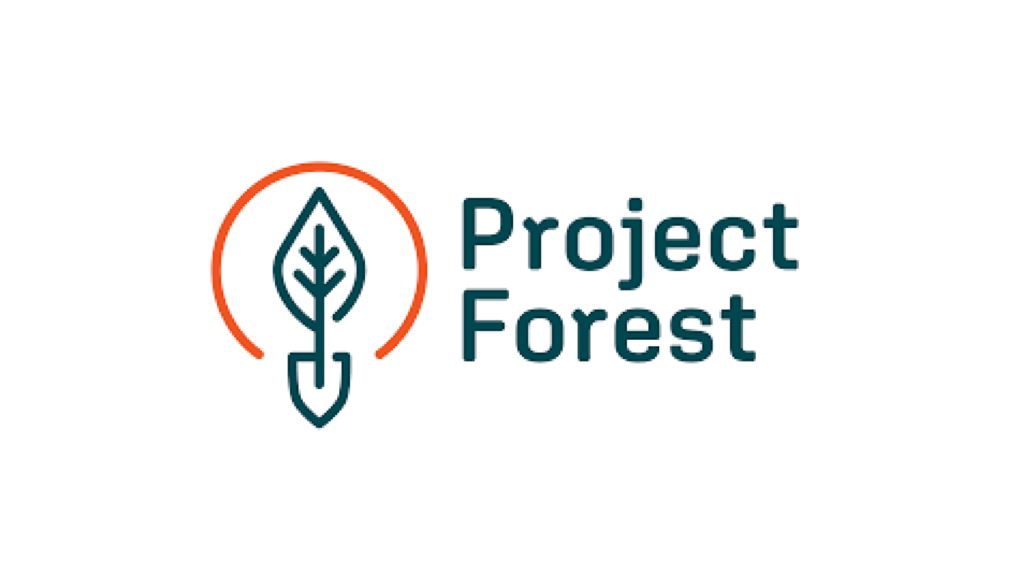
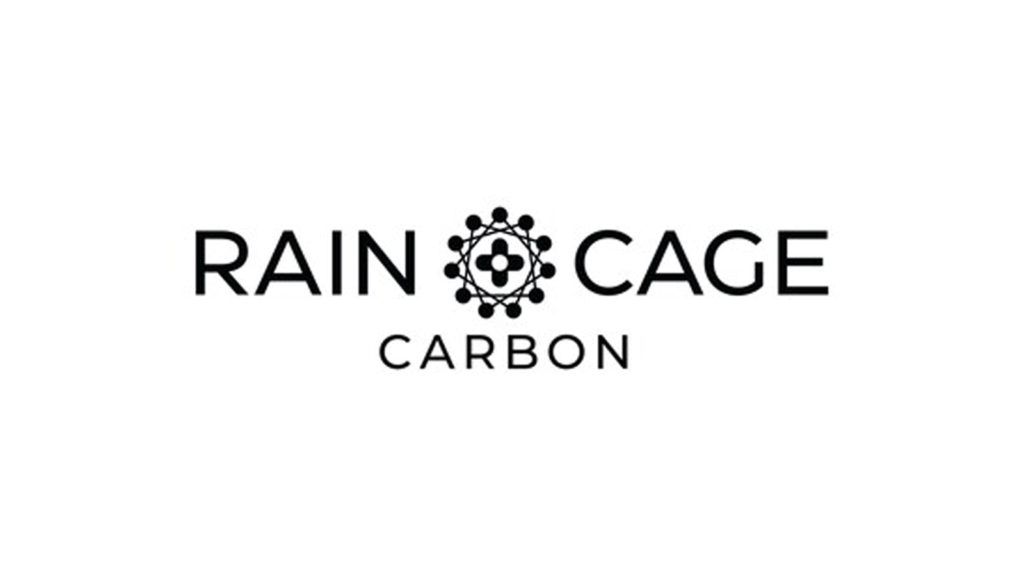
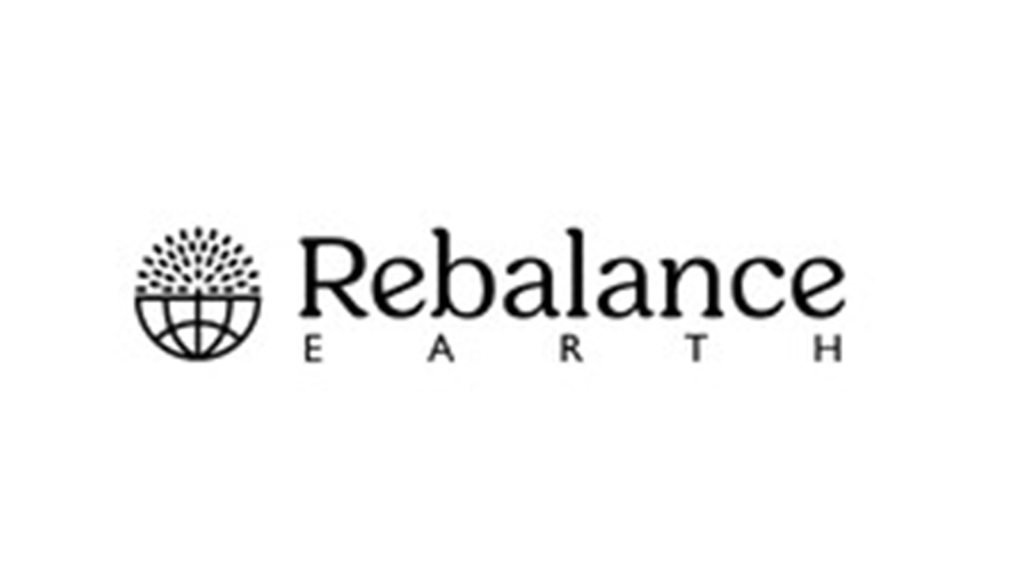
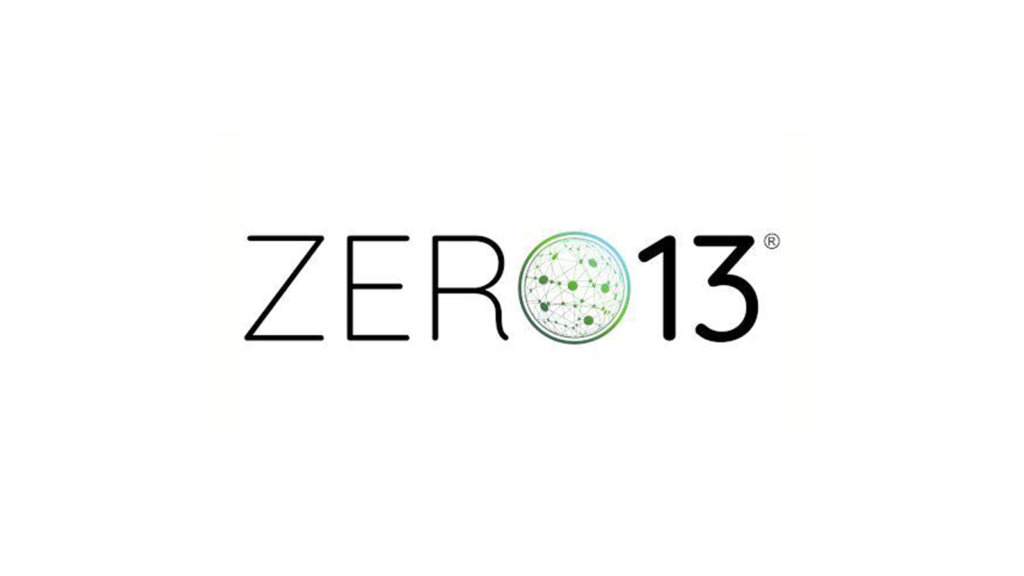
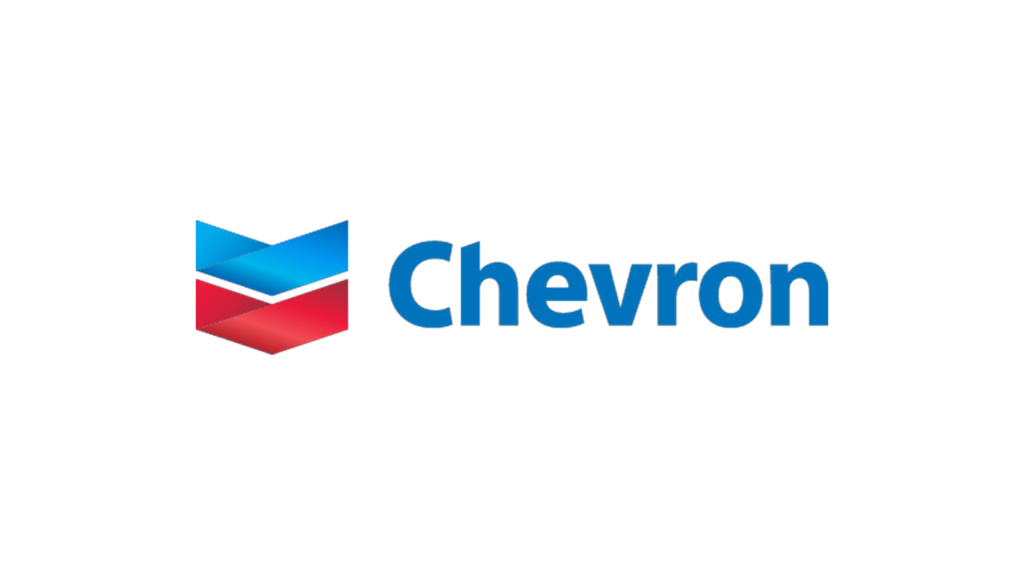
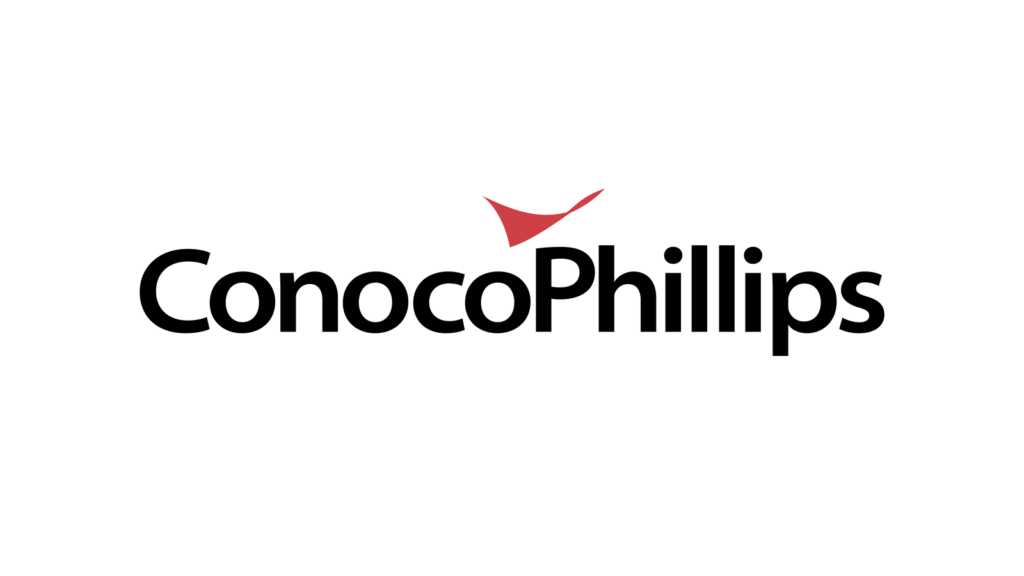
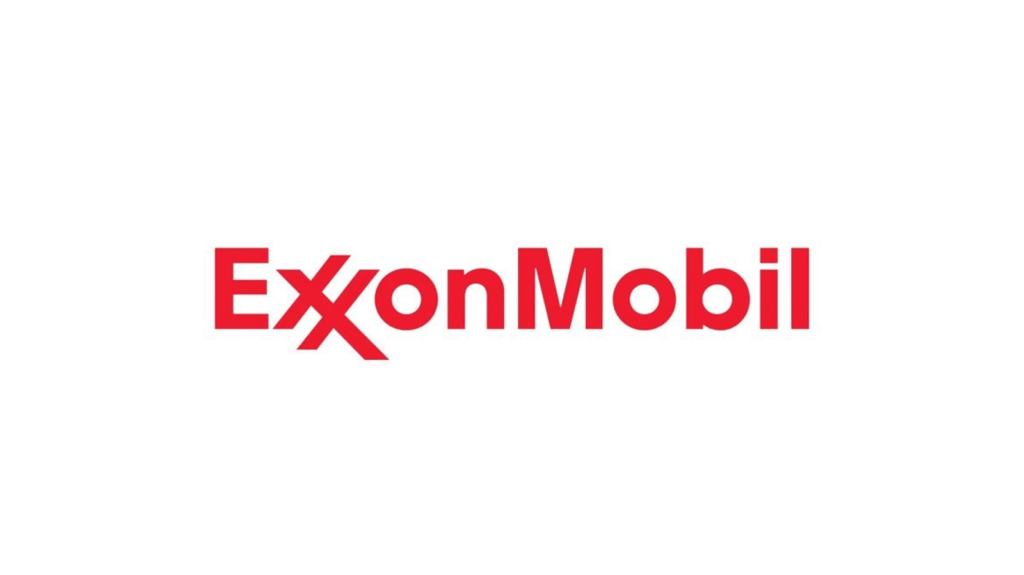
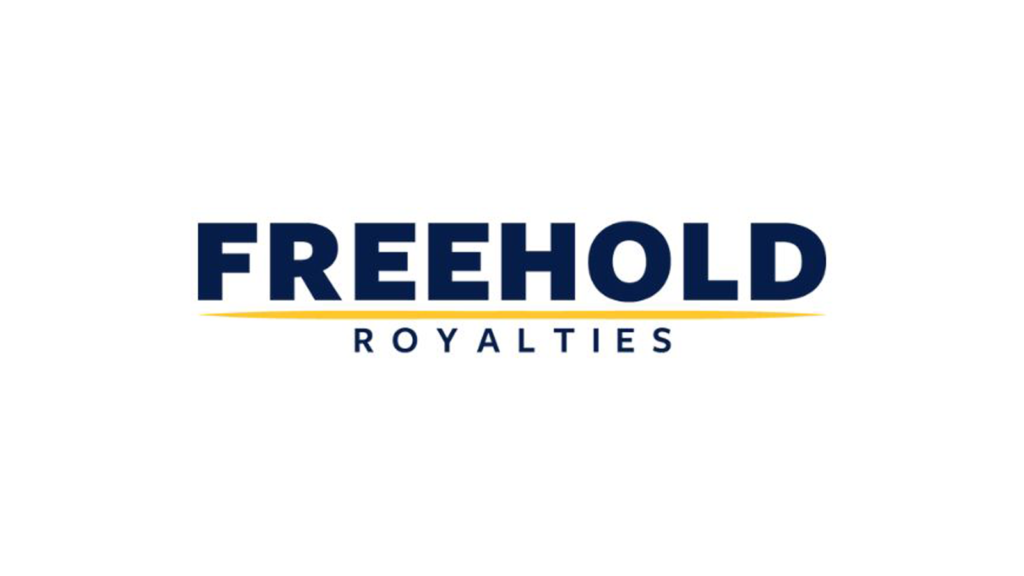

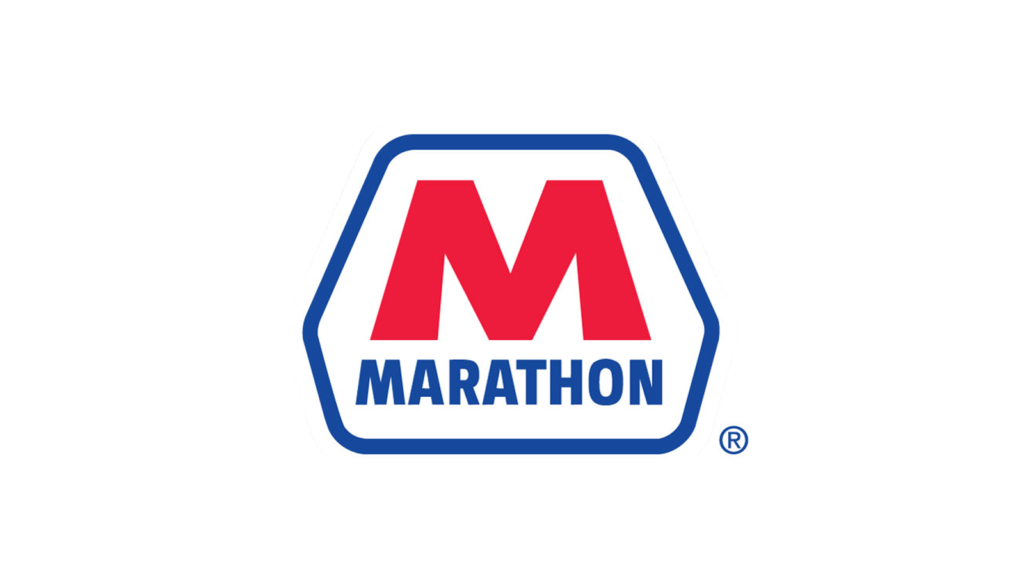
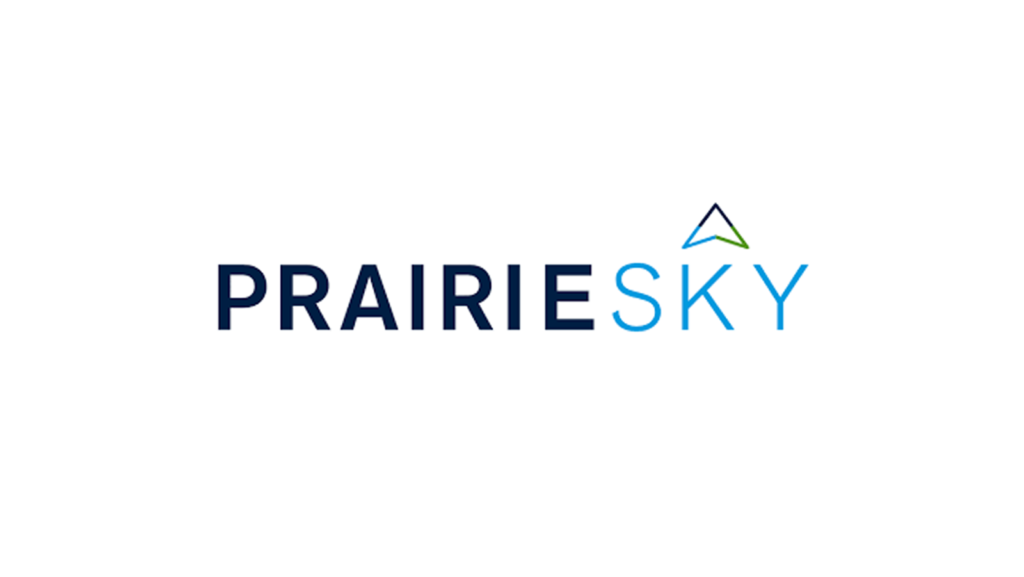
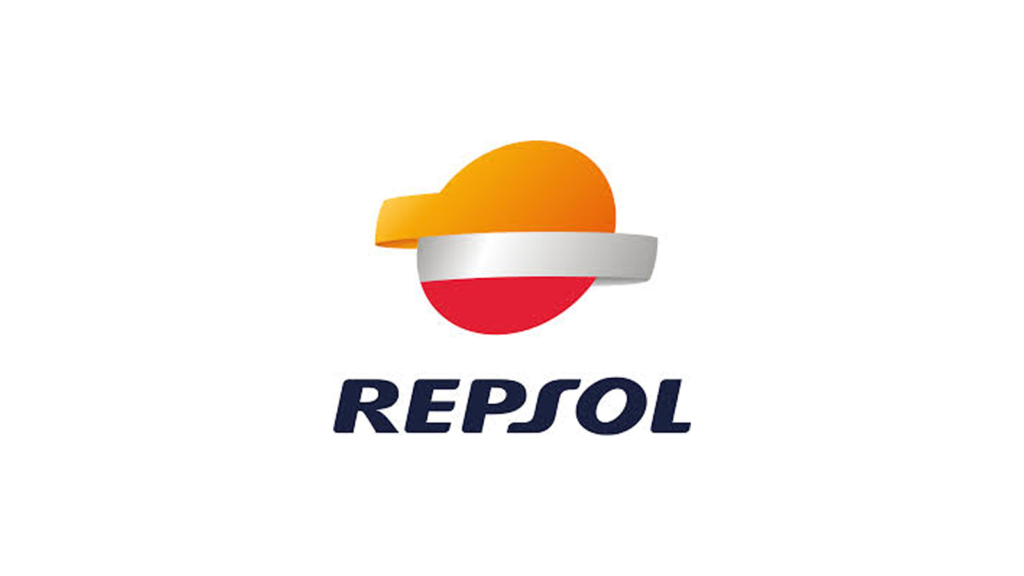
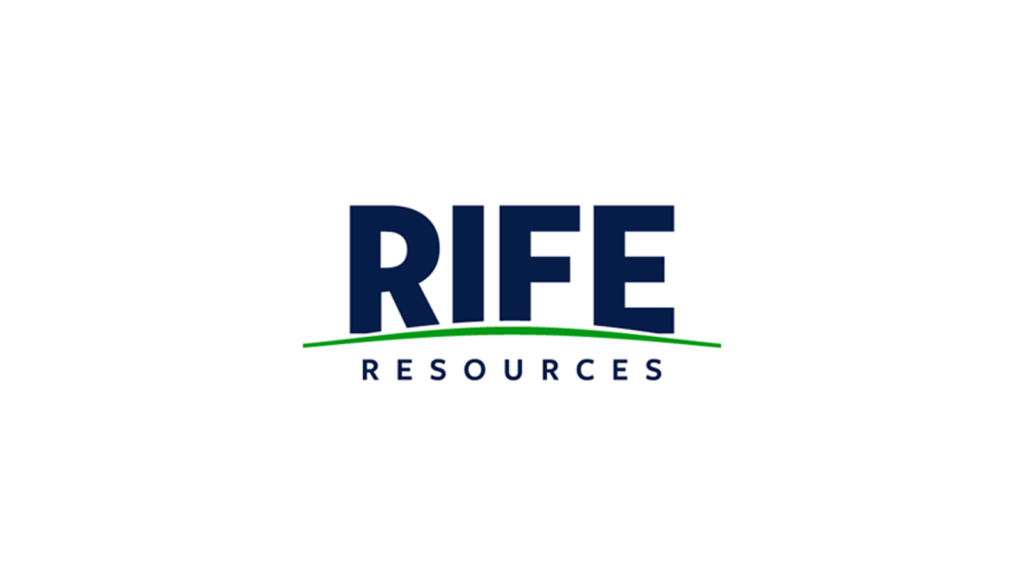
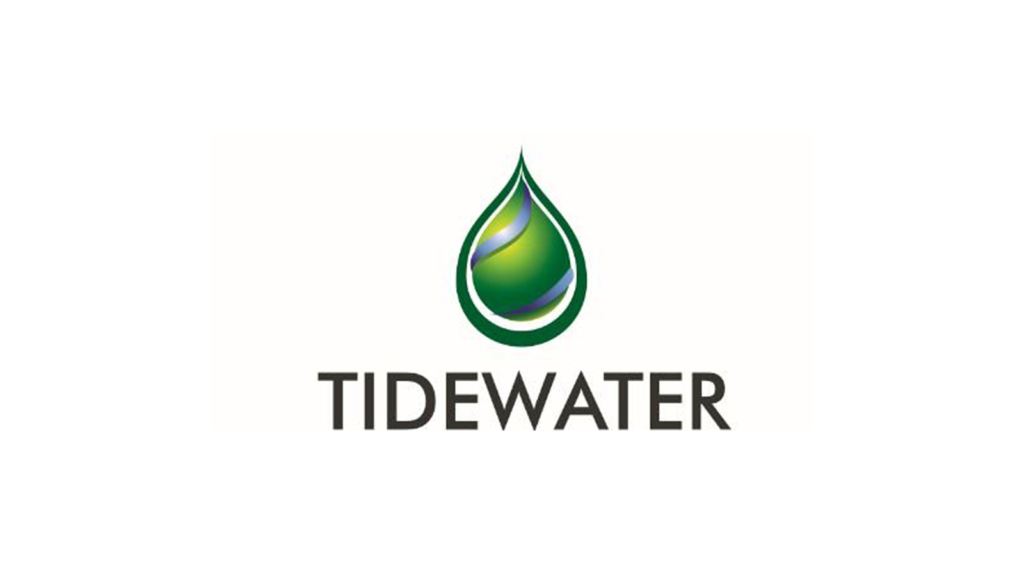
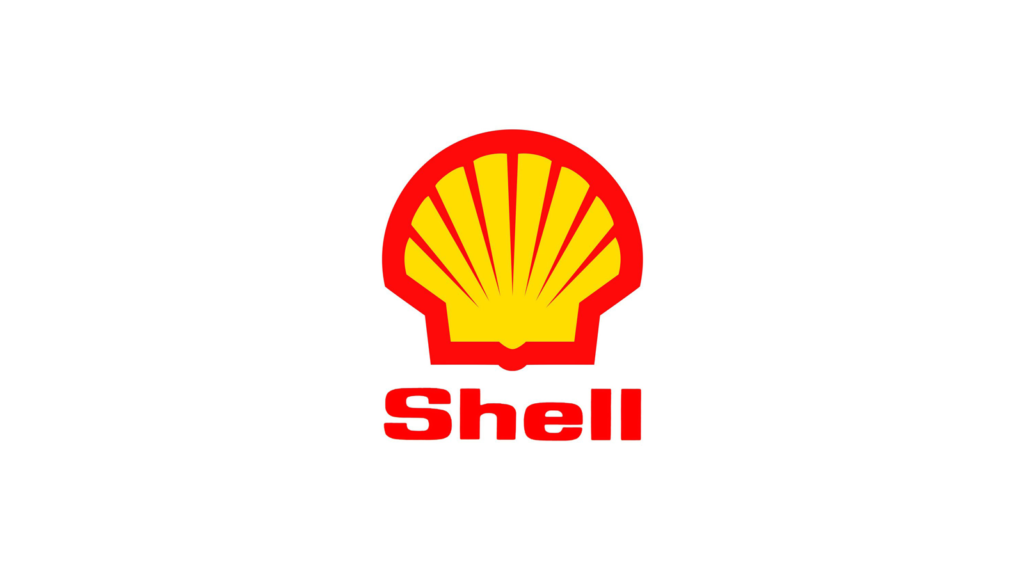
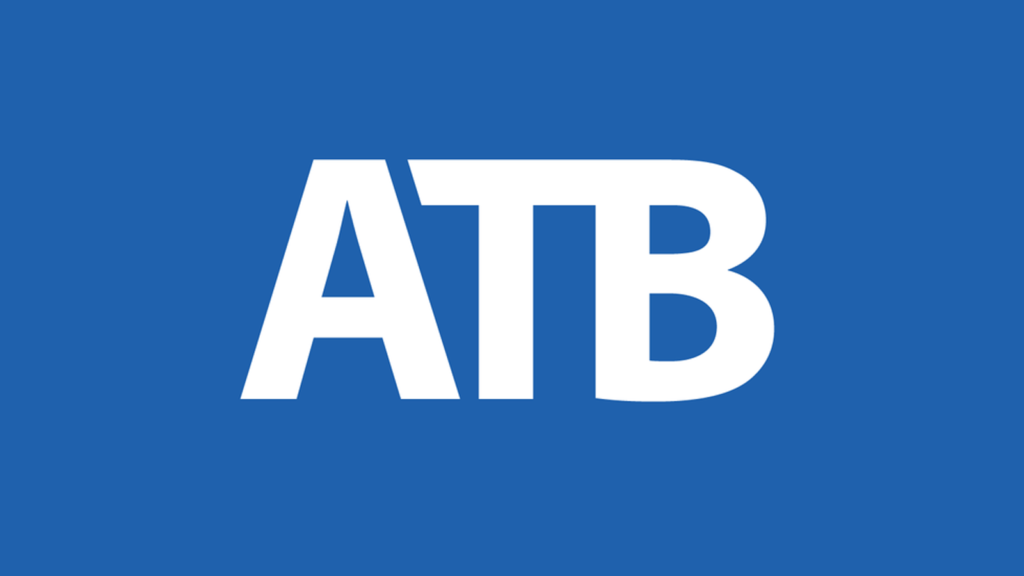
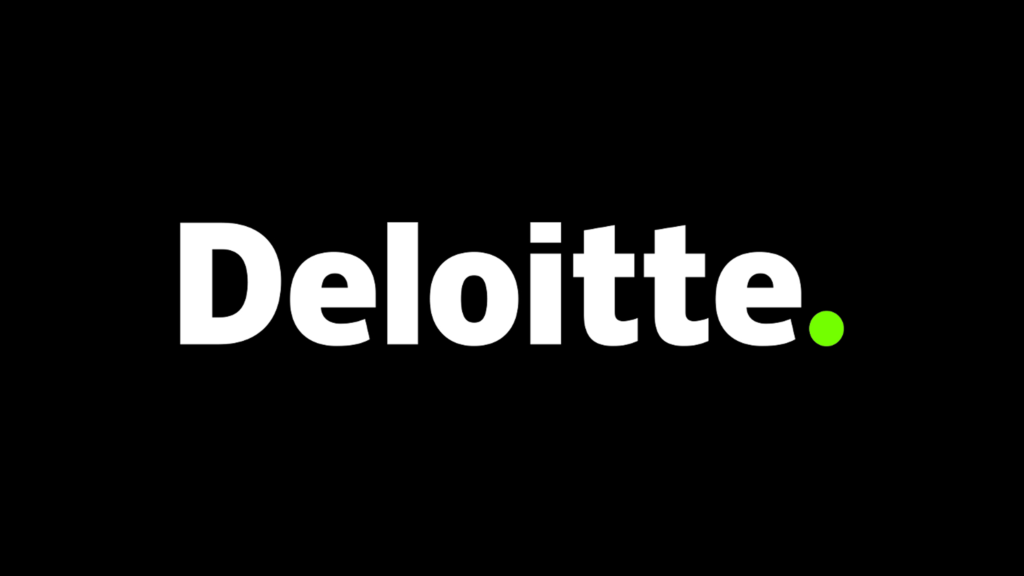





You must be logged in to post a comment.